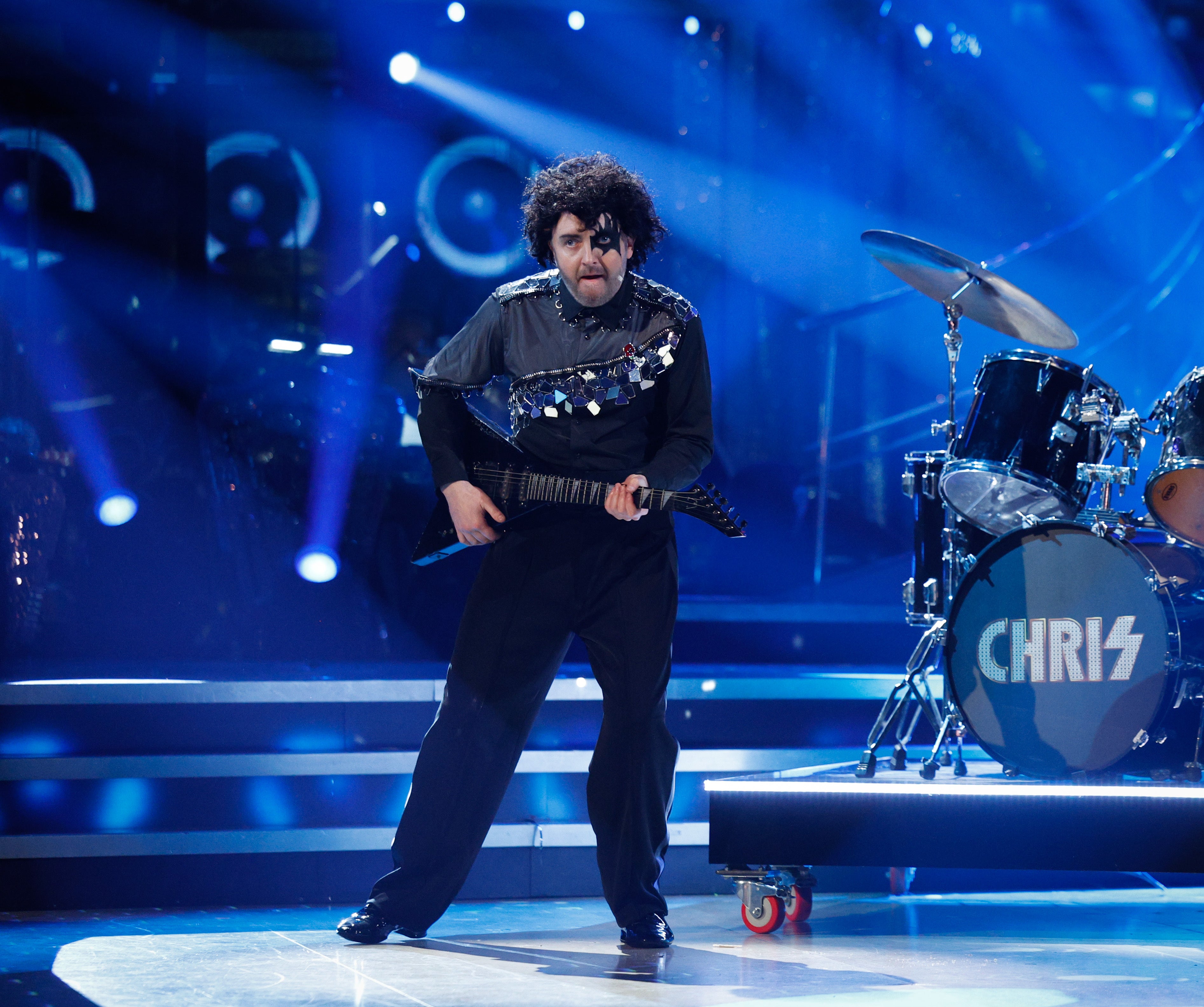Chris McCausland has wowed the Strictly Come Dancing judges on the 20th anniversary series as the show’s first ever blind celebrity contestant.
McCausland lost his sight when he was 22 due to a hereditary condition called retinitis pigmentosa.
Throughout the series, the comedian has received multiple standing ovations for his inspiring performances and left head judge Shirley Ballas in tears in week five.
His booking followed EastEnders star Rose Ayling-Ellis’s Strictly victory in 2021; who became the first deaf contestant to appear on the show.
McCausland said of his appointment: “If anybody out there is thinking – How the hell is he going to do that? – then rest assured that I am thinking exactly the same thing. I don’t dance, I haven’t danced, I can’t dance, I can’t see the dancing I will have to do. What can possibly go wrong? OK don’t answer that...!”
In week one of the competition, the comedian admitted his professional dance partner Dianne Buswell had kicked him in the face during rehearsal, adding they were completely “winging it”.
As well as being a comedian on panel shows from Have I Got News for You to Would I Lie to You?, McCausland hosts ITV Saturday morning series The Chris McCausland Show, and is known by younger viewers as Rudi, the market trader, in CBeebies show Me Too!. He also previously appeared on Channel 4 series Scared of the Dark.

While appearing on Scared of the Dark, he spoke openly about his experience of going blind, saying that “when it started happening it was scary and embarrassing”.
He added: “I got myself into bad situations because I didn’t want to ask for help. I will never be on a level playing field with everyone else.”
McCausland, who is married and has a 10-year-old daughter, explained that he can “still see light and space” and has “an awareness of the space around me, not in terms of objects and things, but in terms of the room and whether there might be something in front of me.”

He also said at the time he does not want to “bang viewers over the head” with his blindness, stating: “It’s great that there’s people coming through who are able to represent disability while also having the experience to do the job properly. There’s no point fast-tracking performers on to TV before they’re ready.
“My attitude has always been to represent by not banging you over the head. I think the best way to represent a disability is to make people forget about it whenever possible. It’s always part of you.
“But if you can do a show where, say, 80 per cent of it isn’t about being blind, that makes it more impactful and funnier when you do talk about it. I believe in representation within the mainstream.”







